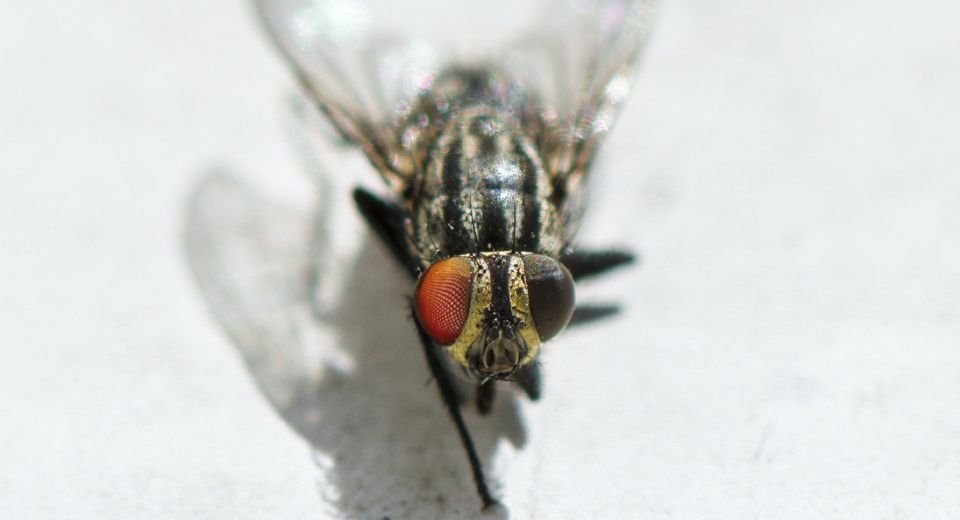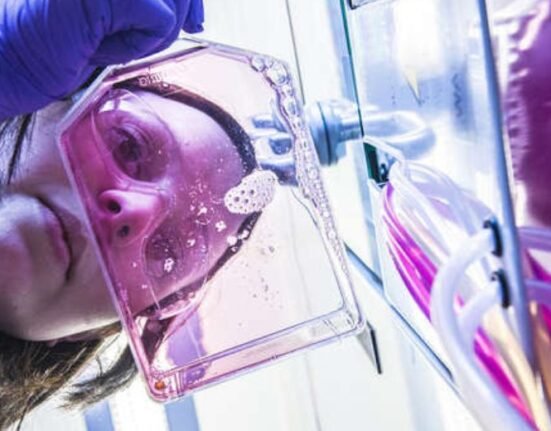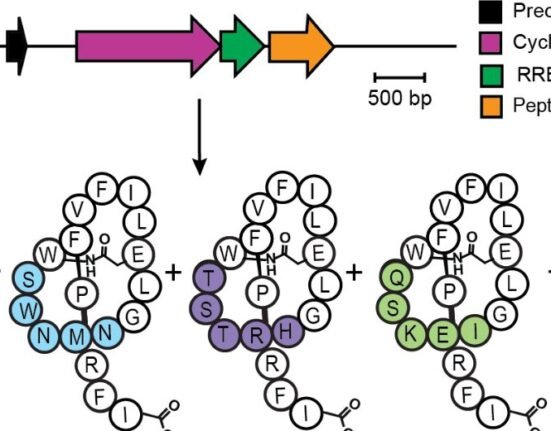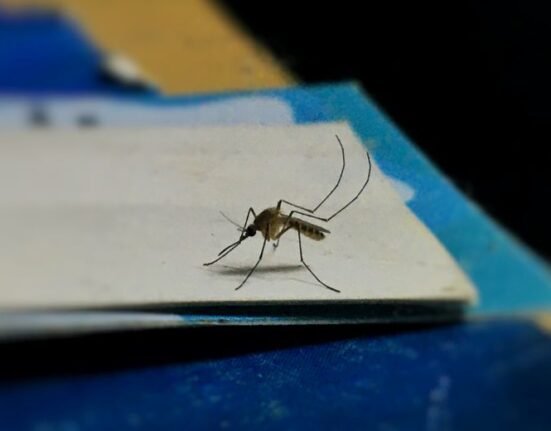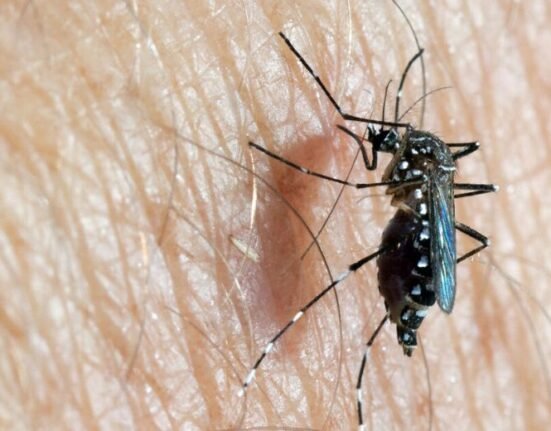HQ Team
March 16, 2023: Janssen Pharmaceutical Companies, a wholly-owned subsidiary of Johnson & Johnson, announced its first-in-human clinical trial of a compound to treat dengue had entered the second phase.
In a Nasdaq filing, Janssen stated the JNJ-1802 antiviral candidate protected against dengue in non-human pirates and mice in the first stage. The chemical stopped the ability of the virus to replicate.
“A similar mechanism of action was confirmed for JNJ-1802 with new data. This new research, together with Phase 1 first-in-human data showing the compound to be safe and well-tolerated, is supportive of further clinical development of JNJ-1802 for both prophylaxis and treatment of dengue,” according to the statement.
About 400 million people contract the dengue virus each year, and the resulting illness is one of the leading causes of hospitalisation among children in countries in Latin America and Asia.
Despite the global burden of dengue and the fact that reinfection is possible due to four dengue serotypes, no therapeutics are available to treat the disease. Only a limited number of prevention options have been approved.
Climate change
“The unprecedented rise in dengue outbreaks throughout the past years offers a glimpse of what lies ahead as climate change continues to put more people and communities at risk of dengue,” said Ruxandra Draghia-Akli, MD, PhD, Global Head, Global Public Health R&D at Janssen Research & Development, LLC.
“We know an antiviral will be critical to addressing the unmet needs today and tomorrow, and we are committed to developing our breakthrough compound to expand the toolset available to prevent and treat dengue.”
The challenge of preventing and treating dengue will likely grow in the coming years. In 2022, countries like Singapore, Nepal and Bangladesh recorded some of their worst outbreaks.
Non-endemic countries like France and the US reported some of their first locally-acquired cases, a part of a broader trend of increasing zoonotic outbreaks linked to climate change.
“The promising results of JNJ-1802 to date offer the hope that science will be able to deliver against this threat as more and more communities are impacted worldwide,” said Marnix Van Loock, PhD, Lead for Emerging Pathogens, Global Public Health R&D at Janssen Pharmaceutica NV.
Neglected tropical diseases
“Dengue requires global action and we are proud to collaborate alongside partners here in Europe and around the world in advancing the development of this compound to its next phase.”
Johnson & Johnson aims to address the globally neglected tropical diseases — about 20 communicable diseases affecting more than 1.7 billion people in 149 countries.
The New Jersey-based company is working to strengthen research and development for dengue, including through novel approaches and emerging technology. It uses artificial intelligence to forecast dengue hotspots and build predictive models for dengue incidence to accelerate trial recruitment and site sourcing.
A Satellite Center for Global Health Discovery at Duke-NUS Medical School in Singapore in June 2022 was set up to focus on accelerating early-stage discovery research to address the growing challenge of flaviviruses, including dengue.
Janssen Pharmaceuticals is headquartered in Beerse, Belgium and was bought over by Johnson & Johnson in 1961. It conducts research and development activities related to mental illness, neurological disorders, gastrointestinal disorders, HIV/AIDS, and cancer.


